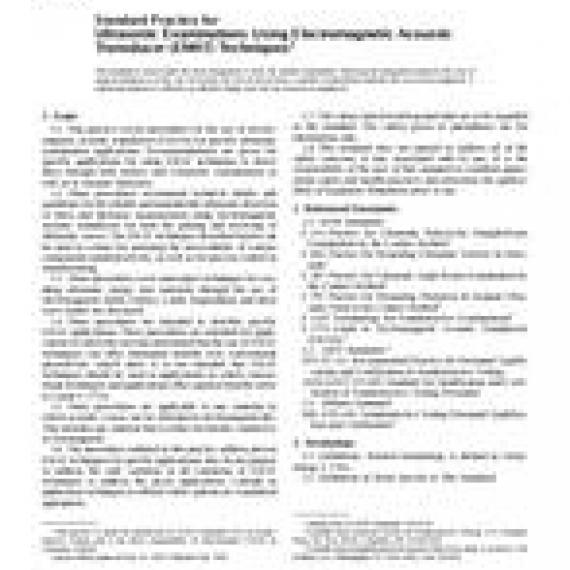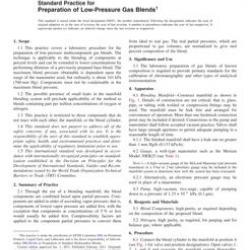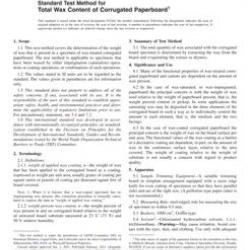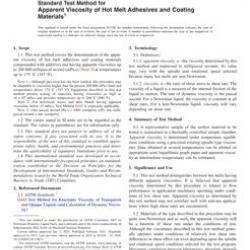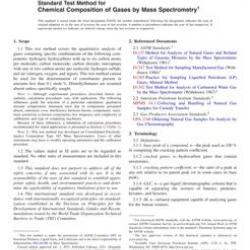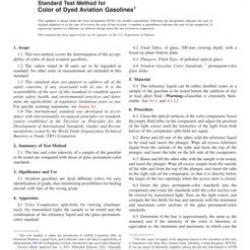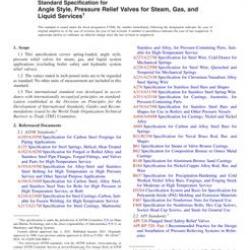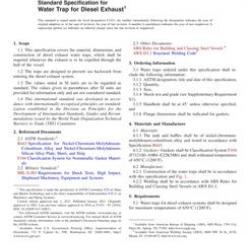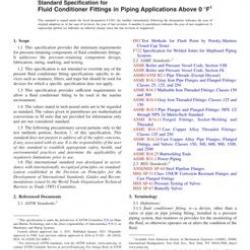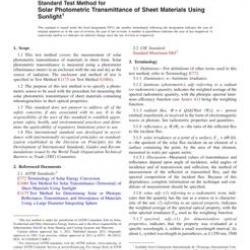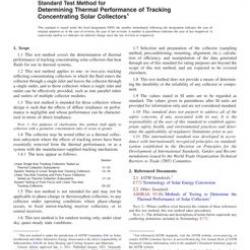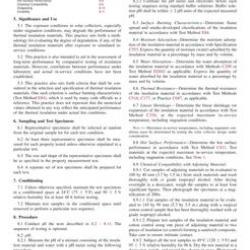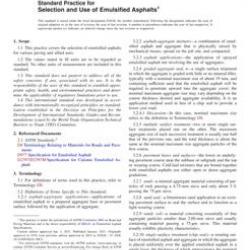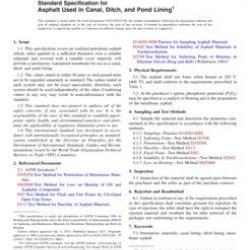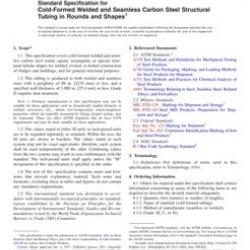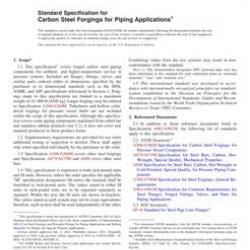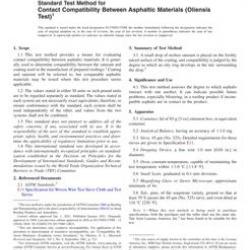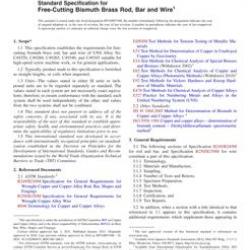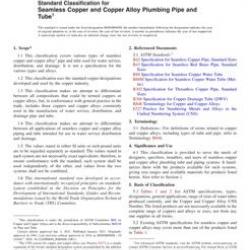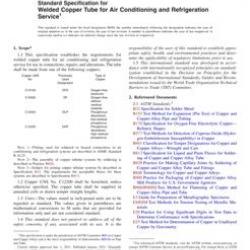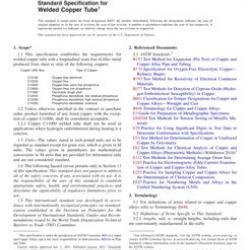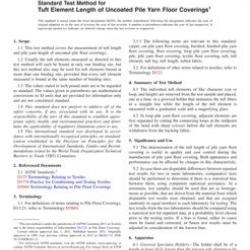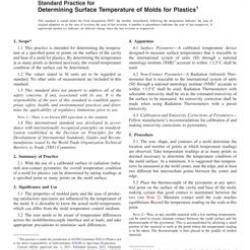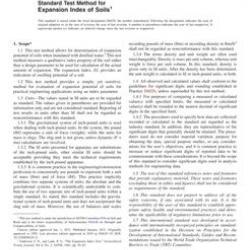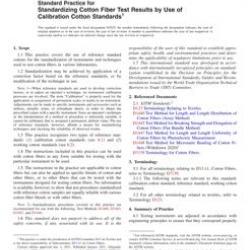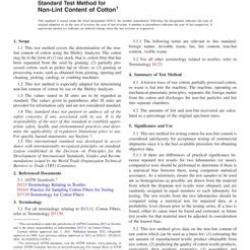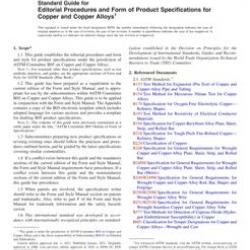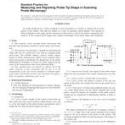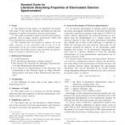No products
ASTM E1816-96(2002)
ASTM E1816-96(2002) Standard Practice for Ultrasonic Examinations Using Electromagnetic Acoustic Transducer (EMAT) Techniques
standard by ASTM International, 01/01/2002
Full Description
1.1 This practice covers procedures for the use of electromagnetic acoustic transducers (EMATs) for specific ultrasonic examination applications. Recommendations are given for specific applications for using EMAT techniques to detect flaws through both surface and volumetric inspections as well as to measure thickness.
1.2 These procedures recommend technical details and guidelines for the reliable and reproductible ultrasonic detection of flaws and thickness measurements using electromagnetic acoustic transducers for both the pulsing and receiving of ultrasonic waves. The EMAT techniques described herein can be used as a basis for assessing the serviceability of various components nondestructively, as well as for process control in manufacturing.
1.3 These procedures cover noncontact techniques for coupling ultrasonic energy into materials through the use of electromagnetic fields. Surface, Lamb, longitudinal, and shear wave modes are discussed.
1.4 These procedures are intended to describe specific EMAT applications. These procedures are intended for applications in which the user has determined that the use of EMAT techniques can offer substantial benefits over conventional piezoelectric search units. It is not intended that EMAT techniques should be used in applications in which conventional techniques and applications offer superior benefits (refer to Guide E 1774).
1.5 These procedures are applicable to any material in which acoustic waves can be introduced electromagnetically. This includes any material that is either electrically conductive or ferromagnetic.
1.6 The procedures outlined in this practice address proven EMAT techniques for specific applications; they do nor purport to address the only variation or all variations of EMAT techniques to address the given applications. Latitude in application techniques is offered where options are considered appropriate.
1.7 The values stated in inch-pound units are to be regarded as the standard. The values given in parentheses are for information only.
1.8 This standard does not purport to address all of the safety concerns, if any, associated with its use. It is the responsibility of the user of this standard to establish appropriate safety and health practices and determine the applicability of regulatory limitations prior to use.

